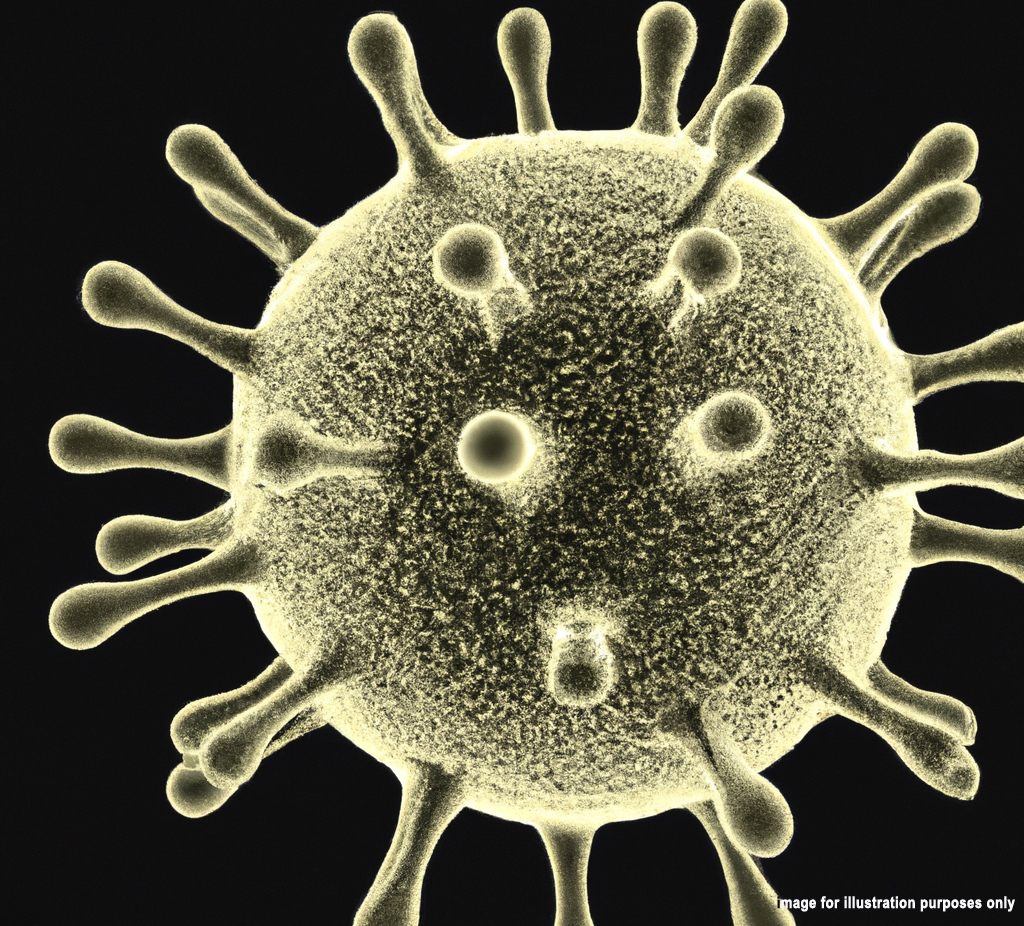Avian Influenza

Avian influenza, commonly known as bird flu, is a viral infection primarily
affecting birds. However, there is a risk that the virus can undergo
mutations, allowing it to infect humans, potentially sparking a deadly
global pandemic.
The first instance of avian influenza crossing to humans was documented in
Hong Kong in 1997, associated with chickens and identified as avian
influenza A (H5N1). Human cases of this strain have been reported across
Asia, Africa, Europe, Indonesia, Vietnam, the Pacific, and the Near East.
This virus has caused illness in hundreds of people, with a mortality rate
of slightly over 60%.
The spread of the avian flu virus raises concerns about the possibility of a
widespread human outbreak. H5N1 is particularly worrisome due to its
potential to trigger a pandemic.
Individuals at higher risk of contracting bird flu include poultry farmers
and workers, travelers to affected regions, those in contact with infected
birds, and individuals consuming raw or undercooked poultry products from
infected sources. Healthcare workers and household contacts of infected
patients are also at an elevated risk.
The avian flu virus (H5N1) can persist in the environment for extended
periods, and infection can occur through contact with contaminated surfaces
or exposure to infected birds' feces and saliva.
Symptoms of avian flu infection in humans vary depending on the virus
strain. Common symptoms of H5N1 infection include cough, diarrhea,
difficulty breathing, fever, headache, malaise, muscle aches, runny nose,
and sore throat.
Diagnostic tests for avian flu are available but not widely accessible.
Timely administration of antiviral medications like oseltamivir (Tamiflu) or
zanamivir (Relenza) within 48 hours of symptom onset may reduce the severity
of the illness. However, the virus has shown resistance to amantadine and
rimantadine. Severe cases may require respiratory support, and isolation is
recommended for diagnosed individuals.
Vaccination against seasonal influenza is recommended to minimize the risk
of human-bird flu virus reassortment. The U.S. FDA has approved a vaccine
for avian flu, which could be utilized in the event of human-to-human
transmission of the H5N1 virus.
undo Common Diseases in Malaysia